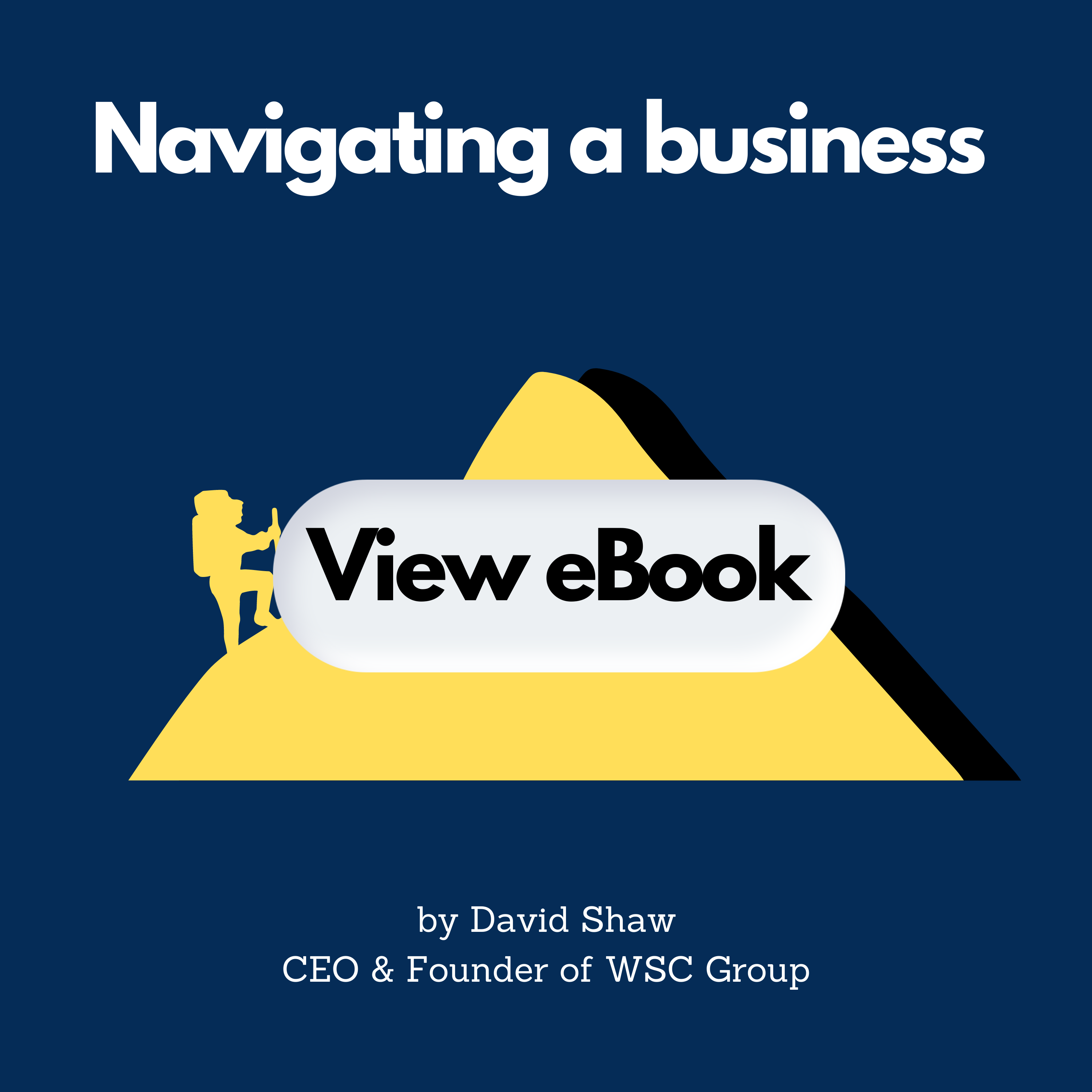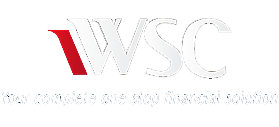
Latest News
The Administrative Appeals Tribunal ('AAT') recently held that a trust was entitled to apply the CGT small business concessions and, therefore, it could reduce a capital gain it made down to nil.
In March 2015, a family trust entered into an agreement for the sale of its shares in a company for $3,500,000. In June 2015, the trustees of the trust passed a resolution apportioning the trust's income for that year between the four taxpayers (two brothers and their wives), and also distributing the capital gain made on the sale equally between those four taxpayers.
The determination of the trust's net income for distribution to the beneficiaries took into account the 50% CGT discount and CGT small business concessions, relying on a valuation of the shares (and underlying business) being $3,500,000.
The ATO, however, deemed the shares sold by the trust to have been disposed of for a market value of $10,640,000, based on an updated valuation report. This also meant that the trust was not entitled to the CGT small business concessions, as this valuation meant that it did not satisfy the CGT maximum net asset value ('MNAV').
The ATO relied on the 'market value substitution' rule to substitute the value of $10,640,000 in place of the sale price of the shares. This meant that each taxpayer's share of the 2015 trust distribution was increased from $321,989 to $1,194,174.
In relation to the MNAV test, the AAT needed to determine whether the net value of the CGT assets of the trust (and its connected entities) exceeded $6,000,000.
The AAT preferred the approach taken by the valuers for the taxpayers, partly because they had given "more attention and consideration to this particular business and the circumstances and location in which it operates."
The AAT accordingly concluded that the total net value of the CGT assets of the trust (and connected entities) was below $6,000,000, and so the MNAV test was satisfied, and the taxpayers' objections to the amended assessments should be allowed.
Note: The material and contents provided in this publication are informative in nature only. It is not intended to be advice and you should not act specifically on the basis of this information alone. If expert assistance is required, professional advice should be obtained.














